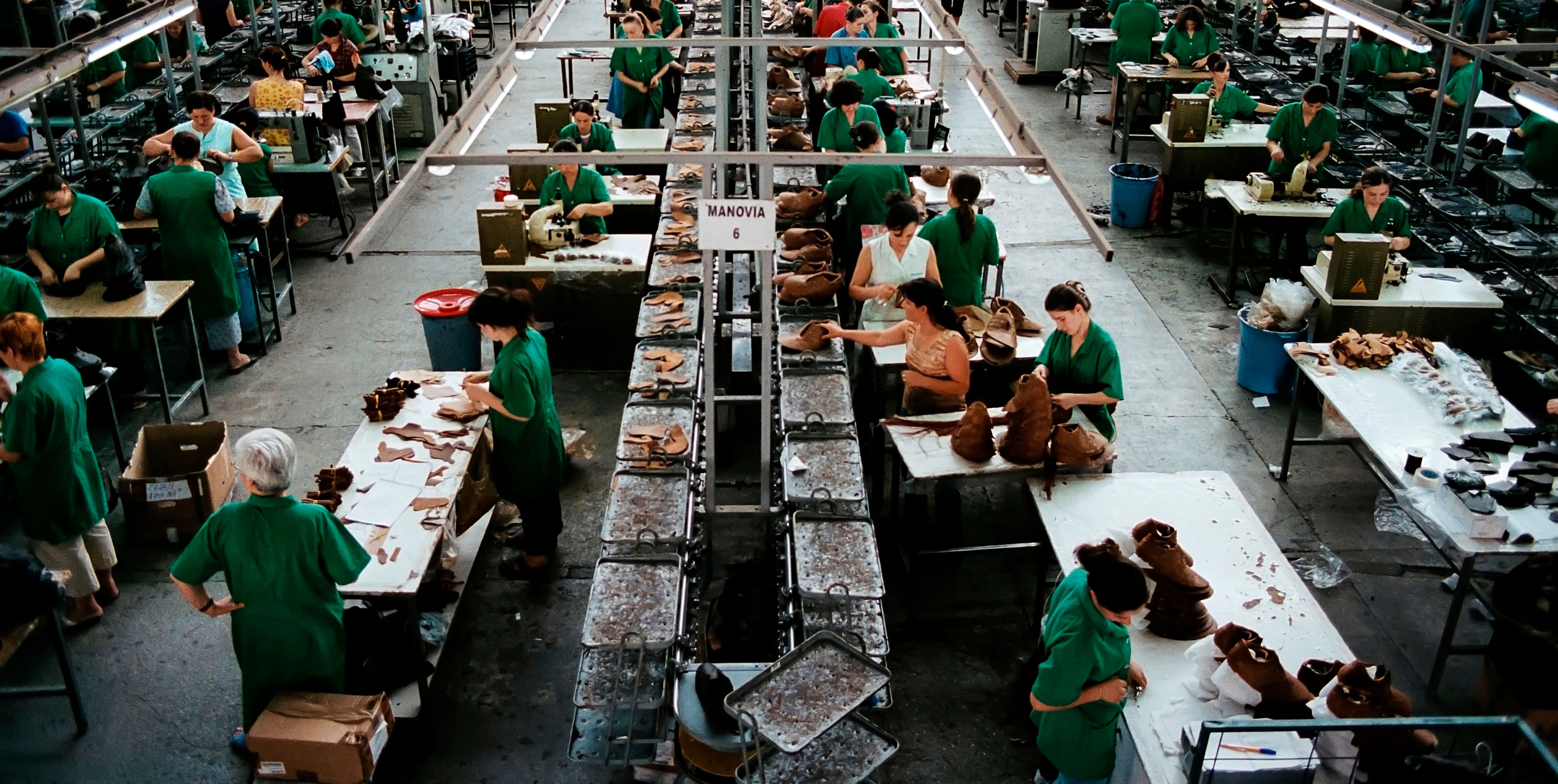Labour Rights
 ©
Davide Del Giudice
©
Davide Del Giudice
Human rights are relevant to certain aspects of work. The right to a living wage is included in the Universal Declaration of Human Rights, article 23, paragraph 3. In the “Guiding Principles on Business and Human Rights”, John Ruggie, Special Representative on Business and Human Rights, established consensual international principles in 2011. According to these principles, companies should respect human rights in all their activities, at all times, and in all places.
The International Labour Organisation of the United Nations (ILO) is specifically tasked with issues related to labour rights. It was founded in 1919, and has its headquarters in Geneva. Switzerland is a founding member of the ILO. The ILO has a tripartite structure that includes states, workers (trade unions) and employers, who are all represented in the various bodies. The ILO is the only organisation within the United Nations with this kind of structure.
The ILO’s conventions and recommendations establish framework legislation for international labour law. The legislation has to be ratified by states to become law at national level. When states ratify a convention, they commit to implementing the contents in their national legislation. Recommendations, however, are not ratified. They do nevertheless provide a useful framework of reference for member states.
The ILO organises the Annual International Labour Conference in Geneva. This is where the international norms are developed as conventions and recommendations. In 1998, the International Labour Conference adopted a Declaration on the Fundamental Principles and Rights at Work. It consists of four fundamental principles and eight conventions. Jointly, these principles and conventions constitute what are known as the fundamental labour norms. They are recognised at international level by states and as universal human rights. They are therefore binding everywhere in the world, and are not dependant on ratification by states.
ILO Fundamental Principles and Rights at Work
Freedom of Association, protection of the right to organise and collective bargaining
- Convention n° 87 freedom of association and protection of the right to organise, 1948
- Convention n° 98 on the freedom of association and collective bargaining, 1949
Abolishment of forced labour
- Convention n° 29 on forced labour, 1930
- Convention n° 105 on the abolishment of forced labour, 1957
Prohibition in the field of discrimination and occupation (employment and profession
- Convention n° 100 on equal pay, 1951
- Convention n° 111 on discrimination (employment and profession), 1958
Abolition of child labour
- Convention n° 138 on the minimum age for admission to employment, 1973
- Convention n° 182 on the worst forms of child labour, 1999
Since its creation in 1919, three declarations on the principles and policies have been adopted by the International Labour Organisation: The Philadelphia Declaration in 1944, the Declaration relative to the Principles and Fundamental Rights in 1998, and the Declaration on Social Justice for a Fair Globalisation in 2008. The latter enabled the ILO to strengthen the existing principles and again insist on the right to a living wage.

